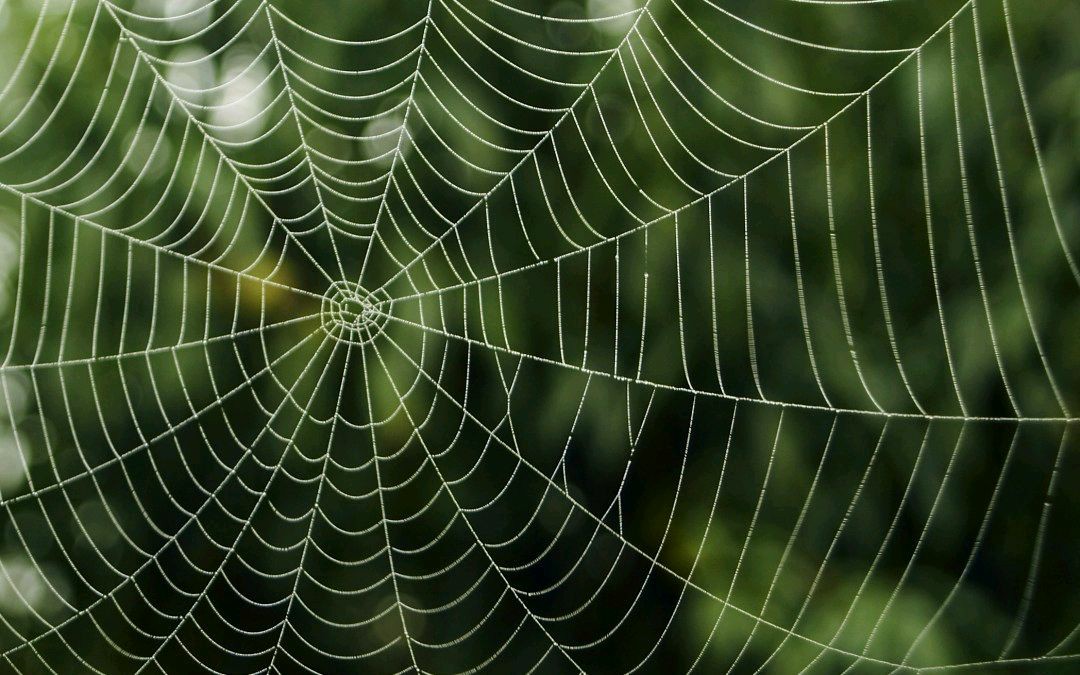There’s an old saying about the beauty of music in every aspect of nature. From the trees to the air we breathe, it’s there if we listen closely. Researchers at the Massachusetts Institute of Technology (MIT) have been attempting to study the effect spiderwebs have on the human mind. As we learn more about the world around us, we become well-in-tuned with better methods of communication and how it affects us. With Markus Buehler, an engineering professor at MIT, and his team leading the charge, the use of artificial intelligence has been applied to better understand spider webs and its well of information.
Buehler, in his reports, has found spiderwebs tend to have a unique sound or a way of communication.
“Spiders utilize vibrations as a way to communicate with the environment, with other spiders,” he said. “We have recorded these vibrations from spiders and used artificial intelligence to learn these vibrational patterns and associate them with certain actions, basically learning the spider’s language.”
With the use of advanced artificial intelligence and a 3D model, researchers were able to create spiderwebs of spiders doing various tasks. It was in those models that researchers were able to find patterns of signals and recreate the sounds using software.
“Spiders are a whole different animal,” said Buehler. “What they see or sense isn’t actually audible or visible to the human eye or the human ear. And so by transposing it, we begin to experience that.”
Today’s technology gives us insight into how we view and communicate with the various animals on Earth. This breakthrough allows for better research and adaptation to the changing landscape and our place in the world. Professor Markus Buehler hopes, with further and more detailed research, his team will be able to better communicate and understand the nature of the spiders. Given enough time, one day, humans can better understand our fellow creatures.
“The melodies are really the kind of relationships that the spider would also experience. And so we can begin to feel a little bit like a spider in that way,” Buehler said.


